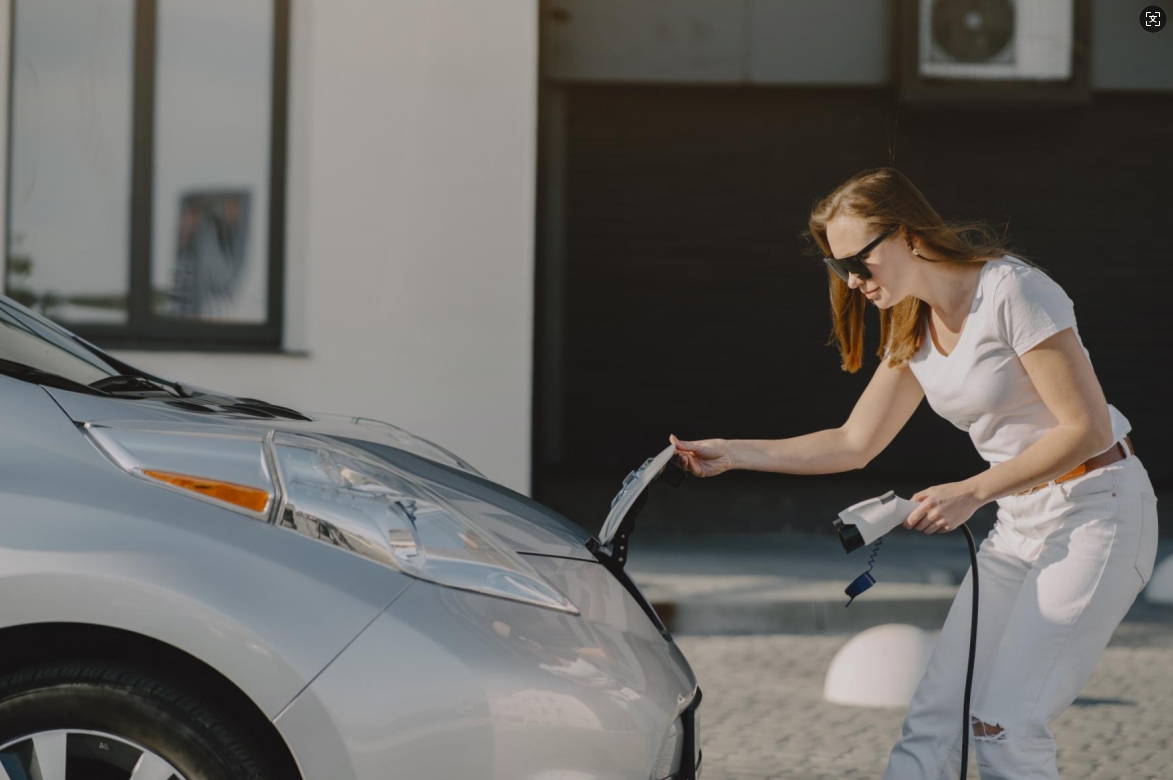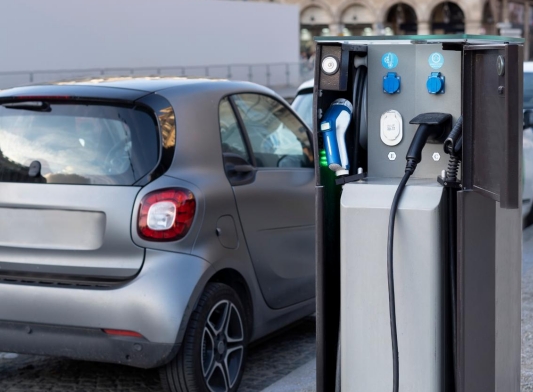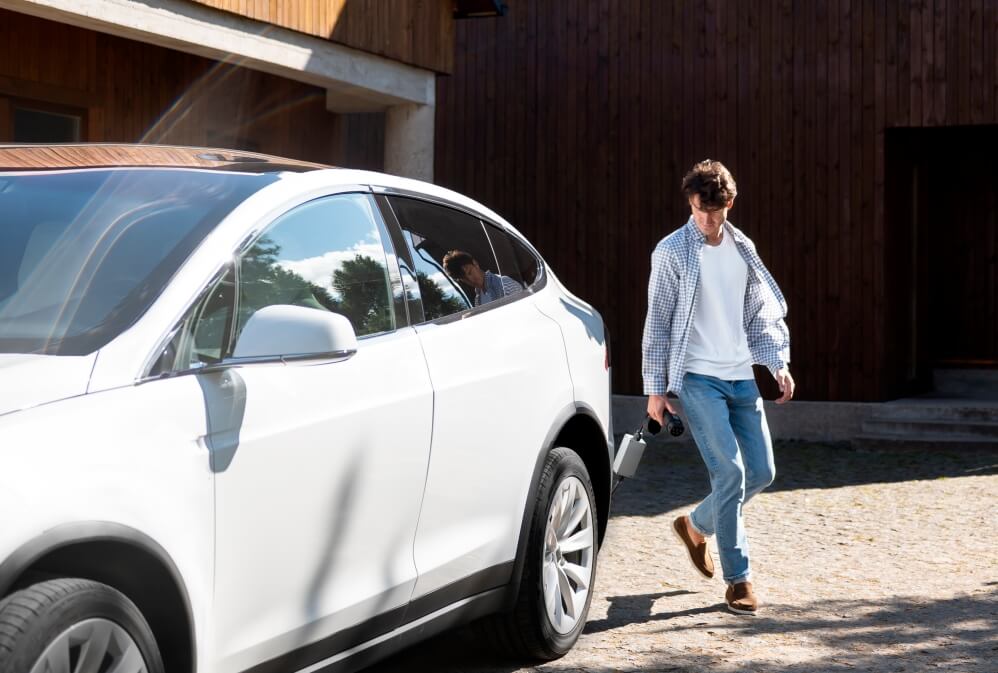How 7kW Home Chargers can cut your charging time by 50%
Waiting for an electric car to charge for up to 12 hours fully can be frustrating. As electric vehicles become more commonplace on our roads, the need for efficient home charging solutions for EV owners has never been greater. That’s why a 7kW home charger may be the best investment, cutting your charging time in half.
Understanding Charging Speed Basics
The range of expertise behind electric vehicle charging can be confusing at first. Let me briefly explain that your standard domestic socket provides around 2.3kW of power – think of filling a swimming pool with a garden hose. A 7kW home charger, by contrast, is like using a fire hose – it’s more powerful and can get the job done faster.
To put this in perspective:
- A standard wall outlet (Level 1) adds 3-5 miles of range per hour
- A 7kW home charger (Level 2) adds 25-30 miles of range per hour
.jpg)
The Science Behind 7kW Charging
The effectiveness of a 7kW home charger lies in its sophisticated power delivery system. Modern EV charging cables are engineered to handle higher currents while maintaining safety. Think of it as a highway versus a country road – more lanes mean faster travel, but with proper speed limits and safety barriers in place.
Essential features include:
- Power management systems
- Overcurrent protection
- Temperature monitoring
- Wide vehicle compatibility
Real-World Time Savings
Let’s take a look at the actual charging times of popular electric car models:
Tesla Model 3 (Standard Range):
- Standard outlet: 20-25 hours
- 7kW home charger: 8-10 hours
Nissan Leaf (40 kWh):
- Standard outlet: 18-20 hours
- 7kW home charger: 7-8 hours
Installation Requirements
Setting up a 7kW home charger needs:
- A dedicated 32A circuit
- Professional electrical inspection
- Suitable mounting space
- Weatherproofing for outdoor units
Tips:
- While DIY installation might save money initially, professional installation ensures safety and preserves your warranty.
- Please refer to our guide for specific installation preparation
Smart Charging Tips
Make the most of your 7kW home charger with these strategies:
- Off-Peak Charging: Schedule charging during night hours when electricity rates are lower. Most modern chargers include scheduling features.
- Weather Considerations: Quality chargers handle temperature variations well, but extreme weather demands attention to your charging setup.
- Basic Maintenance
- Keep connections clean
- Inspect cables monthly
- Store cables properly when not in use
For specific information on maintaining your home charging post, read our guide.
The Financial Picture
Installing a 7kW home charger makes financial sense:
Immediate Benefits:
- Cut charging time by 50-60%
- Flexible charging schedule
- Less reliance on costly public charging
Long-Term Value:
- Lower operating costs than public charging
- Potential property value increase
- Available government incentives
Common Concerns
Q: Will fast charging harm my battery?
A: No. 7kW charging is well within safe limits for modern EVs. It’s a moderate speed that balances convenience with battery care.
Q: What about my electricity bill?
A: Most users see a $30-50 monthly increase, substantially less than traditional fuel costs. Smart charging during off-peak hours helps minimize this impact.
Looking Forward
Home charging technology continues to evolve. Newer 7kW home chargers offer features like:
- Solar power integration
- Load balancing
- Vehicle-to-grid capabilities
- Smart home connectivity
Conclusion
A 7kW home charger hits the sweet spot between charging speed and practical home use. It transforms EV charging from a time-consuming task into a simple daily routine. The combination of faster charging, smart features, and cost savings makes it an essential upgrade for EV owners.
When choosing a charging setup, prioritize quality equipment and professional installations from reputable manufacturers such as Charge Point or Tayniu. Your charging experience should not only be faster but also reliable and safe.
Want to learn more about home charging solutions? Please share your questions or experiences with us.
Note: Always check your vehicle specifications and local regulations before installing a home charging system.
Last Updated on May 13, 2025 by tayniu



